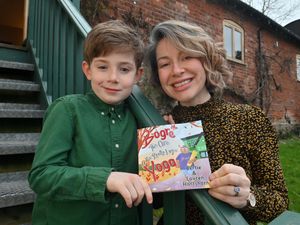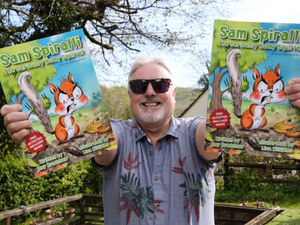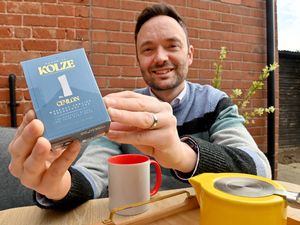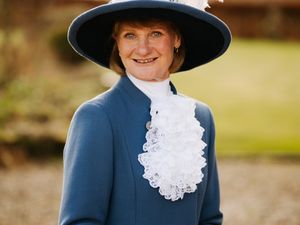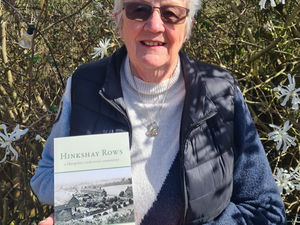Traditions and unity in town's "little Yugoslavia"
Telford – Britain's "Little Yugoslavia."
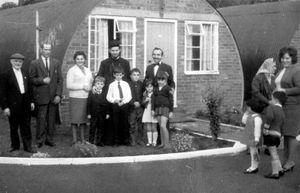
A state construct, melding together differing and proud communities.
You see? Not so far-fetched is it? There again, we all know what happened to Yugoslavia.
The parallels have been highlighted by radio producer and journalist Jelena Sofronijevic, speaking on the BBC's Four Thought radio programme, and informed by her special insight – not only is she from Telford, but she is from the town's Yugoslav community, the roots of which were planted by the post-war European Voluntary Workers scheme which saw thousands of East Europeans come to Britain to plug employment shortages.
Many never went back, either being unable or unwilling, and a core community coalesced in the Trench Road area.
"Telford itself is something of a little Yugoslavia," Jelena told listeners.
"It’s also a political creation, born in 1968 as one of the government’s post-war new towns. As Yugoslavia was comprised of republics, Telford too was a collection of small independent towns and, as in Yugoslavia, identity here can be fiercely contested. Many will defiantly specify that they are from Wellington or Dawley – and not Telford.
"I consider myself more Yugoslav than Serbian, and more Telfordian than Donningtonian, for the same reasons. My lived experiences traverse these strict borderlines."
Although Jelena, who has just graduated from Edinburgh University, says she makes the "little Yugoslavia" comparison somewhat humorously, she adds: "There is this sense of Telford being such an important element of the British Yugoslav diaspora. When you compare it by size to places like Birmingham and Corby it is very small. Yet if you ask a lot of people in the British Yugoslav diaspora, they would know Telford."
Jelena, who was born in 1998, says Telford is home to a small but strong Serbian community.
"It boasts two Serbian Orthodox churches each dedicated to St Nicholas and a third churchyard carrying rows of gravestones with Yugoslav names and birthplaces etched in both Cyrillic and Latin characters.
"I grew up in this microcosm of mid-20th century village culture, immersed in the traditions, anecdotes and historical debates of a state constructed and collapsed before I was even born."
Under the Serbian Orthodox calendar this meant Jelena having a day off school for Christmas on January 7, and celebrating Easter a couple of weeks later than everybody else.
Her parents are both ethnically Serbian, her mother coming to Britain aged three, and her father arriving from Kosovo in 1990. Her great- grandfather arrived in the UK as a displaced person following the Second World War.
While, to Jelena's frustration, the perception of many people of Yugoslavia is coloured by the civil wars of the 1990s, the Telford community is characterised by unity.
"Our voluntary workers community and their particular diasporic nationalism is unique. Neither wholly Yugoslav nor Serbian, the community bridges identities constructed prior to and as part of the Yugoslav wars. We are neither personally nor politically identical to those who remained in socialist Yugoslavia, nor the over-homogenised media Serbs of the 1990s.
"The distance from Yugoslavia’s domestic reality has fostered a degree of diasporic idealism. For all our bickering over our particular heritages, many of us share a nostalgic mistrust of division. For so many in the diaspora community in the UK there is a general sense of unity.
"I think there is a degree of separation which is fostered in a diaspora geographically and temporally and that gives you a privileged position to idealise the way that things are, and imagine the way that things are, which is often entirely different from the domestic reality."
The upshot was that she got a surprise when she actually visited Serbia.
"First visiting Belgrade and Novi Sad in 2007, I realised my Telford upbringing had been more traditionally Serbian than that of some of my relatives. Naively anticipating the collective traditions of my childhood, I was instead confronted by an increasingly individualist culture.
"Puffing Winstons, my urbanite peers spoke English with American-style accents, procured from endless reruns of Friends and Dance Moms."

